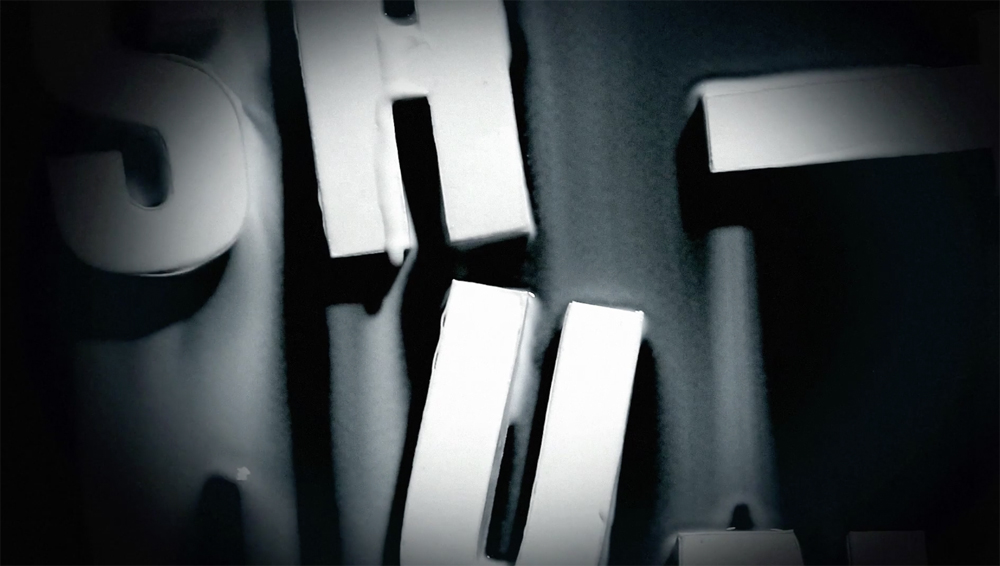
Born in Portsmouth, Carla Trevaskis has been in and out of bands since the age of 14. Originally drafted in to provide backing vocals, she pushed her way to the front as lead singer and eventually headed to the bright lights of London to pursue a musical career.
She performed live on a regular basis in the capital, sometimes with pianist and strings, sometimes with a full-on rock band and continued to hone her song-writing style, influenced by the likes of Kate Bush, Sinead O’Connor, Tori Amos and Boy George.
Over the years, Carla has collaborated with Fred de Faye (Eurythmics), Apollo 440’s Cliff Hewitt, Dave McDonald (Portishead), Leo Abrahams (Ed Harcourt & Imogen Heap) and Jimmy White (Rolling Stones).
Q. How did you become involved with Recoil? Had you heard of Alan’s work before?
A. I first head about the Recoil project through a friend who works at Mute Records. Alan Wilder was looking for a female vocalist and my friend jumped up excitedly and said “I know just the person!” I was aware of Alan’s work whist in Depeche Mode but not Recoil.
Q. What interested you about the music and what did you feel you could contribute to the project?
A. The first thing that struck me was the amazing production; the attention to detail was faultless. Secondly, the string arrangements were so beautiful and epic and I love the way that Alan sets up a mood for you and takes you on an emotional journey. For the two tracks I was given, I knew he wanted breathy vocals – and if that’s what you want honey, you came to the right place…..welcome to the temple of all that is breath and raspiness!
Q. Was it enjoyable or uncomfortable adding vocal parts to music already written?
A. Actually it was very enjoyable. I like putting melodies and lyrics to other people’s tracks as it’s a different style of writing for me. I usually work from piano chords then add the vocal melody, then lyrics. When a backing track is placed in front of you, it takes you somewhere that you might never have gone if left to your own devices. I always welcome collaborations because it’s good to bounce off other people and keep things fresh.
Q. How did the recording process go? Was Alan good to work with or a hard task master?
A. Alan is great to work with. He knows exactly what he wants but isn’t opposed to experimentation. The recording went really smoothly but I would like to have come out of the vocal booth just once in the whole of the eight hours he had me in there. Maybe a cup of tea, some water or just some daylight would have been nice! Alas, when Sir Alan cracks that whip……….

